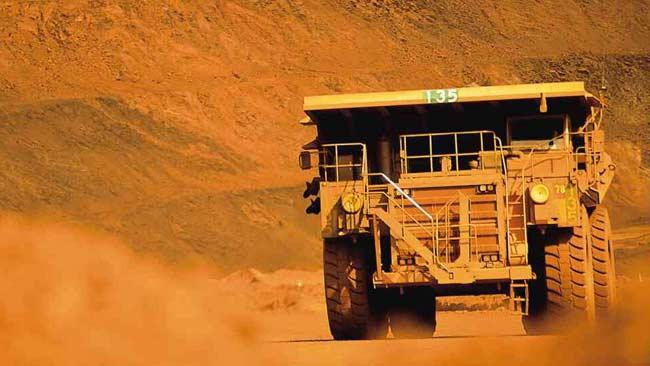Mining tax disaster of government's making
THE government's mining tax has been a disaster from start to finish: a good idea foiled by poor execution.

THE government's mining tax has been a disaster from start to finish: a good idea foiled by poor execution.
The problem hasn't been that it has looked to adopt a recommendation from the Henry Review: that a profits-based taxation system for the mining industry is an important reform.
Even the miners agree reform is needed; only the Opposition thinks the status quo is OK.
Rather, the problem the government has faced has been the way it has gone about introducing the tax on miners and what we now have is far removed from what former treasury head Ken Henry recommended when he handed down his review.
The whole point of a new mining tax is to alter the royalties system and tax profits, not volume.
In theory the government receives more revenue in the long term, but miners are happy because they pay less tax before their profits increase.
But the government never accepted that, constitutionally, royalties are a state tax and it never approached introducing a profits-based mining tax in a conciliatory way that included the states in talks over its design.
Rather than dictating to the states what it planned to do, the federal government should have entered into negotiations with the states for an outcome acceptable to all parties.
Had it done that, it might have been able to avoid the current situation, where the commonwealth has committed to rebating miners any increase in royalties states might impose, but plans to penalise those states by withholding infrastructure spending or GST allocations.
West Australian Premier Colin Barnett said yesterday that this approach threatened the "fabric of co-operation in our federation".
"The federation in Australia could be weakened if the commonwealth continues down this path . . . weakened to the extent that WA will simply become
closer to the Asian economy," he said. "We will become more enmeshed in their economic futures as they will in ours; we will have less to do with Canberra."
This is not the sort of constructive engagement Kevin Rudd
talked about when Labor came to power. He was critical of the way John Howard interacted with
state Labor governments. The shoe is now on the other foot.
NSW, Western Australia and Tasmania have indicated plans to increase royalties, all at the expense of the commonwealth's budget bottom line. It will be interesting to see how Labor plans to penalise states that increase royalties if they all start doing it.
Queensland will be next, especially if there is a change of government at the next election.
Consultation for the first version of the super-profits mining tax was limited, and an arrogant government used to dominating the Opposition in the polls simply announced its plans, expecting to bulldoze its way towards implementation.
That approach led to an industry-wide backlash and the dethroning of Kevin Rudd as prime minister, and it fuelled the public's distrust of the government in relation to policy implementation.
At the time, Treasurer Wayne Swan told us how important the design of the tax was to its operation, but in the end, he walked away from this "all important" design so he would stay treasurer and be promoted to deputy prime minister when Julia Gillard changed the settings.
Revenue from the mining tax is supposed to fund small business concessions, company tax cuts and an increase in the superannuation rate to 12 per cent.
However, the new version is vastly different to the original tax from last year, and it was formulated with a political, not a policy, imperative in mind.
When Gillard assumed the prime ministership, her first order of business was to resolve the mining tax standoff.
She negotiated the design of the present tax with only the three big mining companies (BHP, Rio Tinto and Xstrata) and it applies only to coal and iron ore (not gold).
There are real questions as to whether the new tax will generate the revenue expected, and even if it does, the nature of the tax is that revenue will rise and fall sharply as commodity prices and the Australian dollar fluctuate.
That is not a very steady (or guaranteed) stream of tax dollars to pay for the initiatives the mining tax is supposed to fund.


